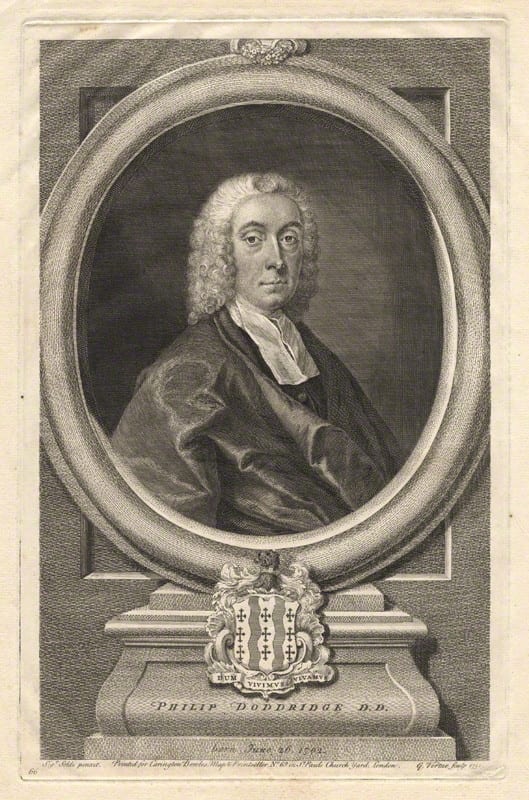You make the strange assertion that I “give no proof why we should believe in the New Testament miracles and reject all others,” and “volunteer” to give the reason why I hold as I do. I have been “educated” into “a firm habit” so to believe, “even to a degree of sensitiveness,” with my mind “chained” down, as it were, and “not allowed to think differently.”
I might return the compliment, but it would prove nothing. I am not insensible of the truth that much allowance is to be made on account of the influence of education and the force of habit; but I have long since adopted the maxim of Paul, “Prove all things; hold fast that which is good.” In such ordeal, I have no fears that the truth will suffer.
Because I spoke of the account of the miracles we have in the New Testament as “proof,” you think I am inconsistent, if I do not admit as of equal validity the record we have of other miracles. You should bear in mind the circumstances and surroundings of the case, as I set them forth,—how Jesus healed all manner of sickness and disease, restored from all kinds of infirmity, and even raised the dead; how these miracles were of great number and variety; how they were wrought in open day and in the face of bitter opposition; how, after his resurrection, his disciples wrought like miracles in his name, and in the face of their enemies, who confessed they could not deny them; how afterward, while the events were yet fresh in the public mind, a record of the facts was made by at least four of his disciples, who agree in their testimony; how the record so made was published throughout surrounding cities and countries, so as to give ample opportunity for refutation, if the record was false; how the early apostates from Christianity confessed that Jesus wrought such miracles as are ascribed to him; and how we have no record extant showing that those who had the best opportunity and the strongest motives for doing so, ever impeached the record made by these disciples and now in our hands. It was in view of such considerations I pronounced this record “proof,” and I see no reason to qualify the statement. In our courts, a record made on voluntary confession of judgment is final. . . .
You present what you acknowledge to be spurious to discredit what is claimed to be genuine. In respect to the alleged miracles, account of which we have outside the Bible, we have no dispute. So far as any superhuman power is concerned, we both count them spurious. What you have to do is to answer the arguments presented going to show that those of the New Testament are genuine.
You respond to such arguments substantially as follows:—Miracles are contrary to Nature and impossible. It is necessary to give up miracles or reason. The miracles of the New Testament are lies. I submit that this is bare-faced begging of the question.
Martin Luther Edwards, The Bible and Reason Against Atheism: In a Series of Letters to a Friend (Chicago: Martin Luther Edwards, 1881), pp. 151-52.


